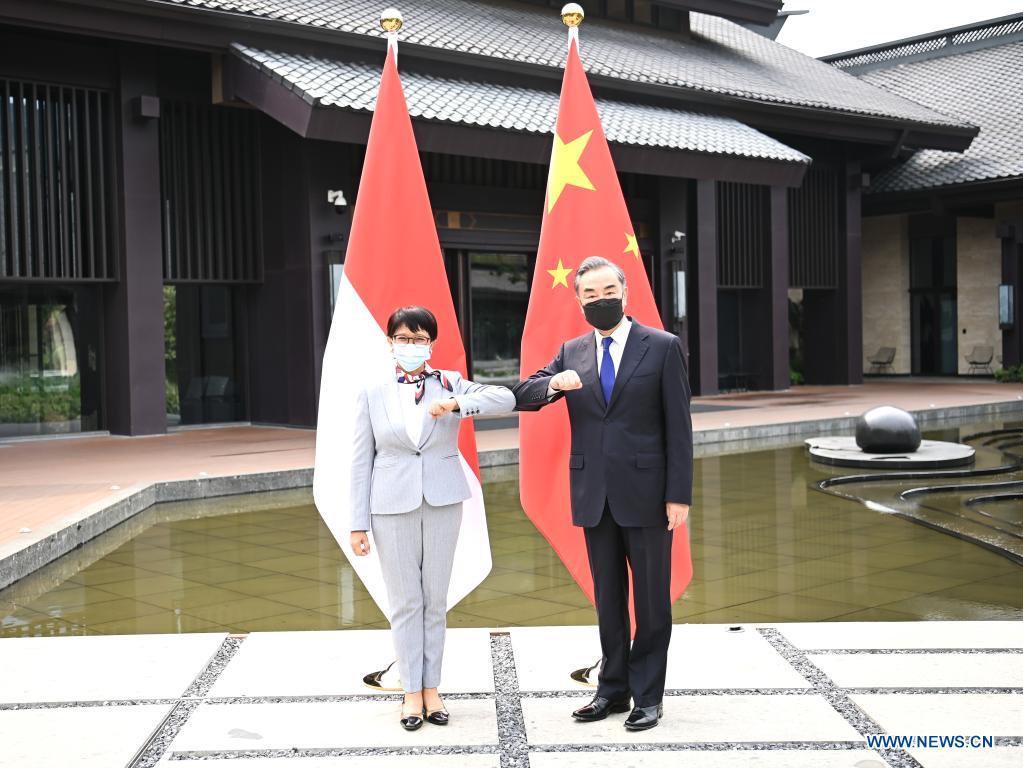Diplomacy consolidates role as stabilizer: China Daily editorial
chinadaily.com.cn | Updated: 2021-04-05 18:42

In less than a week, foreign ministers from Singapore, Malaysia, Indonesia, the Philippines and the Republic of Korea touched down in Beijing and held talks with State Councilor and Foreign Minister Wang Yi on issues of mutual concern.
Earlier last month, Wang visited six Middle East countries following his meeting with visiting Russian Foreign Minister Sergey Lavrov on March 22 and 23 in Beijing. And Defense Minister Wei Fenghe concluded visits to four European countries on Wednesday.
Such intensive diplomacy has been widely perceived by the outside world as being diplomatic efforts to break the US' encirclement of China.
While Beijing will not be daunted by Washington's efforts to enlist support from its allies in its encirclement game, the truth is that more and more countries in Asia and other parts of the world have demonstrated a growing unwillingness to line up with the US in opposing China.
Despite the maritime disputes between China and a few members of the Association of Southeast Asian Nations, Southeast Asian countries increasingly look upon China as a reliable and trustworthy partner for regional stability and cooperation.
The need to jointly fight the COVID-19 pandemic and cope with its aftermath has drawn China and the ASEAN countries even closer together. The unselfish support China has extended to countries in the region amid the pandemic and its consistent backing of regional economic integration have further consolidated its role as a stabilizer and promoter of regional peace and development.
As close neighbors, China and Southeast Asian countries, together with the Republic of Korea, have everything to gain from jointly fighting the pandemic, boosting economic recovery and advancing the Belt and Road Initiative. They should stand together to overcome the difficulties, rather than allowing themselves to be divided by the United States.
China and the ROK, together with the 10 ASEAN members and three other countries in the region, signed the Regional Comprehensive Economic Partnership agreement last year, with the aim of creating the world's largest free trade zone. Under the agreement, economic ties and common interests among the participating countries will be deepened and expanded.
As to China's overall relations with the ROK, they have witnessed a strong growth momentum in various fields including economic cooperation and people-to-people exchanges in recent years. The two sides also share a common goal in denuclearization of the Korean Peninsula as well as building peace and stability on the peninsula.
As such, the recent diplomatic efforts highlight China's concept of building a community with a shared future for humankind. Win-win cooperation and multilateralism, not confrontation and divisiveness, are crucial for the world to emerge from the shadow of the pandemic and rise to the other formidable challenges ahead.
























